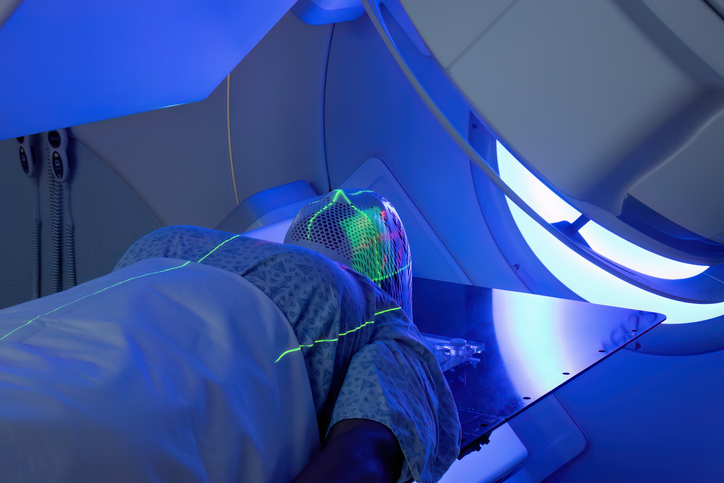
Barrier-to-autointegration factor 1 (BANF1) is a prognostic biomarker that can promote tumor expression in patients with head and neck squamous cell carcinoma (HNSCC), according to a study published in Frontiers in Immunology.
“(BANF1) is an abundant and ubiquitously expressed postnatal mammalian protein that is overexpressed in numerous human cancers and can promote cancer cell proliferation. However, the role of BANF1 in prognosis remains unclear in (HNSCC),” the researchers noted.
Researchers obtained BANF1 expression data using the GEO and TCGA databases. Cox regression and Kaplan-Meier curves were used to analyze the prognostic potential of BANF1. The role of BANF1-related genes was assessed using Kyoto Encyclopedia of Genes and Genomes (KEGG) and Gene Ontology (GO) enrichment analyses. The researchers also analyzed the link between BANF1, drug sensitivity, and the tumor immune microenvironment. Overall, the researchers noted, the functional in vitro and in vivo assays were used to explore the effects of BANF1 on tumor growth and metastasis of HNSCC.
The study found BANF1 was significantly overexpressed in HNSCC, and this overexpression was linked with clinicopathological characteristics. Overall, the study found that BANF1 can be inversely correlated with patient survival and can act as a prognostic risk indicator.
“BANF1 can promote tumor progression in patients with HNSCC. BANF1 shows great promise as a potential biomarker to assess the prognosis,” the researchers concluded.







 © 2025 Mashup Media, LLC, a Formedics Property. All Rights Reserved.
© 2025 Mashup Media, LLC, a Formedics Property. All Rights Reserved.